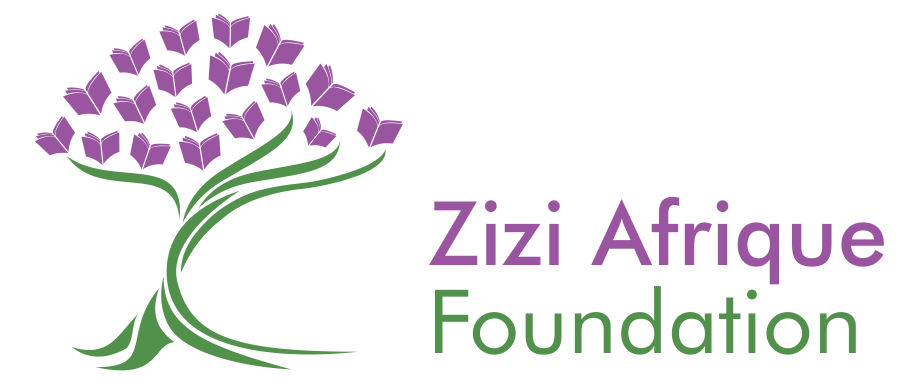Advocacy for Policy Change
We work with others to shape policy for system wide change. We use evidence generated to mobilize and persuade strategic actors to pay attention to and support the crisis of learning and training.
We are the secretariat of the TVET VaLi Working Group and belong to the RELI VaLi Working Group. We directly engage with the government and other strategic stakeholders. We engage parents and communities to support the learning of children and youth, and promote system accountability for all.
We are the secretariat of the TVET VaLi Working Group and belong to the RELI VaLi Working Group. We directly engage with the government and other strategic stakeholders. We engage parents and communities to support the learning of children and youth, and promote system accountability for all.
Action for Life Skills and Values (ALiVE)
(ALiVE) is a collaborative initiative which aims to ensure that learners in East Africa are equipped with life skills and values, to support learning, working, and living in the context of the 21st century.
ALiVE’s vision will be achieved through three pathways: system shift, assessment shift, and a learning hub. Phase 1 of the initiative developed tools to assess three life skills (problem-solving, self-awareness and collaboration) and one value (respect) and applied them at the household level to generate evidence of the status of life skills in East Africa, reaching over 45,000 adolescents aged 13 to 17 years old.
The second phase focuses on adapting tools for lower ages, with a focus on classroom assessment and sharpening the skills of local experts and policy stakeholders on assessment. The #ALiVEBook, The Contextualization of 21st Century Skills: Assessment in East Africa, shares the journey and evidence emerging from phase one. The book is available for free download here Alive Book
ALiVE’s vision will be achieved through three pathways: system shift, assessment shift, and a learning hub. Phase 1 of the initiative developed tools to assess three life skills (problem-solving, self-awareness and collaboration) and one value (respect) and applied them at the household level to generate evidence of the status of life skills in East Africa, reaching over 45,000 adolescents aged 13 to 17 years old.
The second phase focuses on adapting tools for lower ages, with a focus on classroom assessment and sharpening the skills of local experts and policy stakeholders on assessment. The #ALiVEBook, The Contextualization of 21st Century Skills: Assessment in East Africa, shares the journey and evidence emerging from phase one. The book is available for free download here Alive Book
Whole Youth Development
a). Safaricom Foundation Scholarship (SFS)
The goal of the program is to equip youth with sustainable skills for the construction and hospitality industries. The most deserving youths are trained in one of the following trade areas:
1. Electrical Installation
2. Plumbing
3. Welding
4. Food and Beverage
b). Tenda Wema Is a charity initiative that raises funds annually, to support needy yet not-so-brainy students, through education. Zizi Afrique Foundation hosts the charity drive with support from many other stakeholders including PAL Network, Zizi Afrique Limited, corporates, media, and philanthropists.
1. Electrical Installation
2. Plumbing
3. Welding
4. Food and Beverage
b). Tenda Wema Is a charity initiative that raises funds annually, to support needy yet not-so-brainy students, through education. Zizi Afrique Foundation hosts the charity drive with support from many other stakeholders including PAL Network, Zizi Afrique Limited, corporates, media, and philanthropists.
Hosted Networks
Regional Education Learning Initiative (RELI)
RELI is a network of civil society organizations in Kenya, Uganda and Tanzania, working to improve learning outcomes and to influence policy across East Africa.
RELI members work together in thematic groups, national leadership teams, and member-organized learning activities. The initiative achieves its goals in three areas of collective work:
Transforming organisations, creating evidence of what is working and engaging in collaborative Policy influencing. RELI is currently hosted regionally by the Zizi Afrique Foundation. https://reliafrica.org
RELI members work together in thematic groups, national leadership teams, and member-organized learning activities. The initiative achieves its goals in three areas of collective work:
Transforming organisations, creating evidence of what is working and engaging in collaborative Policy influencing. RELI is currently hosted regionally by the Zizi Afrique Foundation. https://reliafrica.org
Education Evidence for Action (EE4A)
The EE4A consortium brings together education stakeholders and policymakers to evidence and deliberate on key policy issues and priorities in education Zizi Afrique Foundation is the secretariat of the EE4A consortium.
